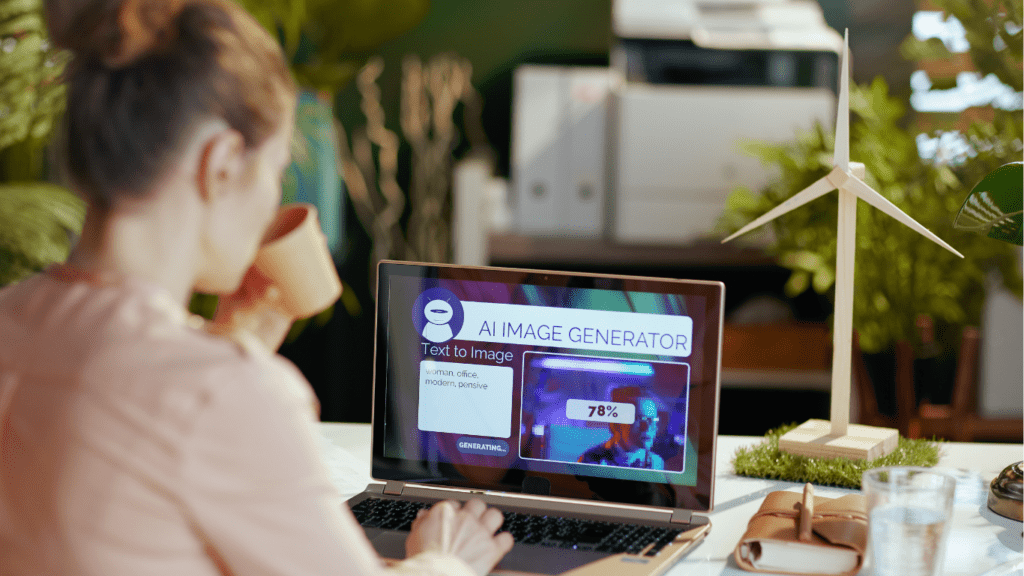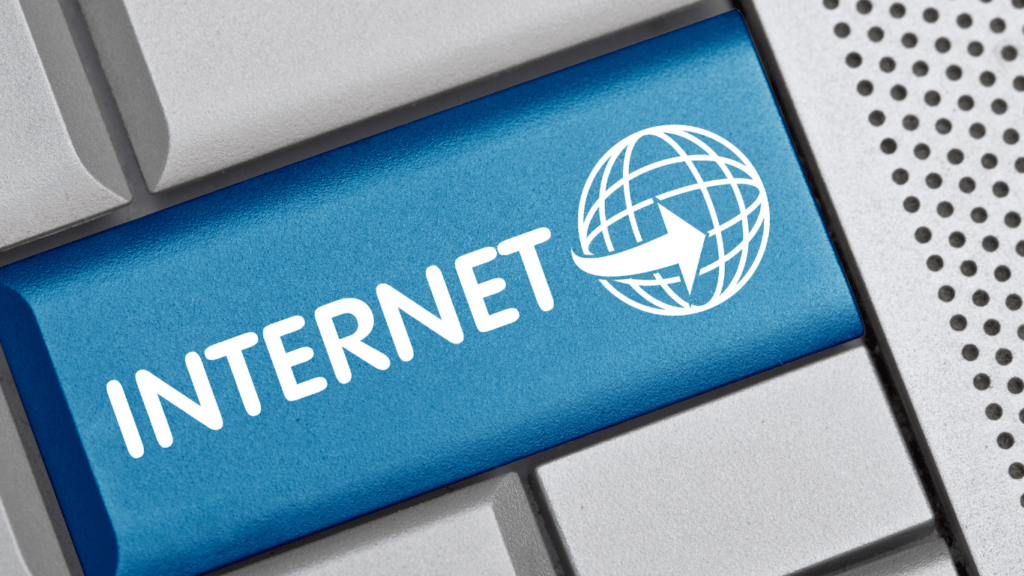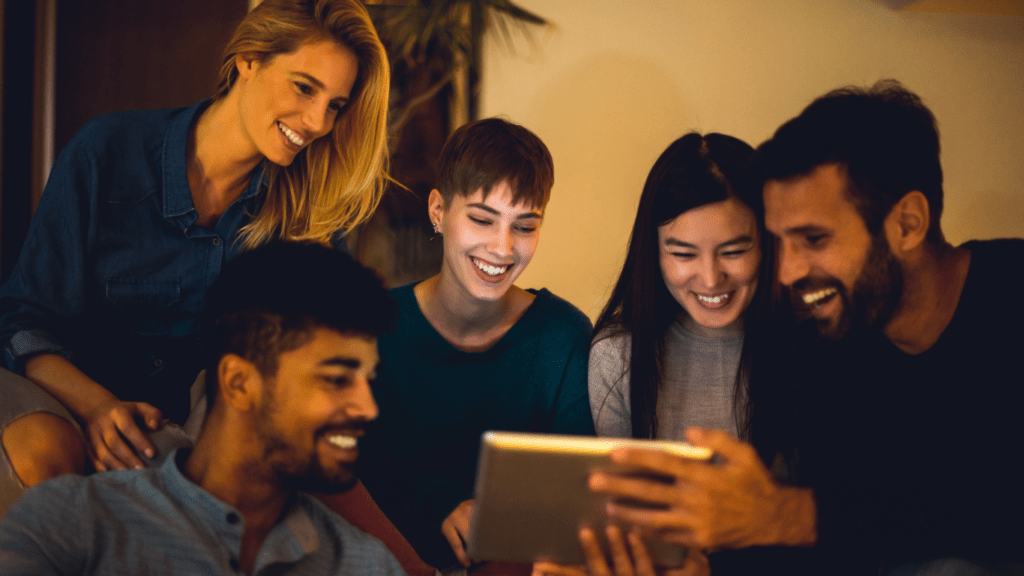The Evolution Of Internet Memes
Internet memes have transformed from simple visual jokes to cultural phenomena. Their evolution mirrors shifts in technology, creativity, and audience engagement.
From User-Created Content To AI-Generated Memes
Early memes relied heavily on human creativity and manual image editing. Users crafted recognizable templates, like “Bad Luck Brian” or “Distracted Boyfriend,” pairing images with witty captions to evoke humor. These user-generated memes reflected personal experiences and societal trends, connecting people through shared contexts.
AI tools like DALL-E and Meme Generator leverage machine learning to create memes quickly. AI systems analyze popular formats and trends, generating captions or visual mashups matching specific humor styles. For instance, GPT models can craft captions based on specific prompts, streamlining what once required significant human effort.
Key Features Of AI-Generated Memes
- AI-generated memes excel in speed and adaptability.
- They produce content instantly by combining vast data sets of text and image patterns, catering to evolving trends with precision.
- Unlike human creators, AI uses algorithms to predict audience preferences. For example, AI can tailor memes to specific demographics by analyzing language and cultural references.
- This scalability enables customization, enhancing audience engagement.
- Another key feature is versatility.
- AI tools create memes in various styles, from absurd humor to complex satire, maintaining consistency across formats.
The Pros Of AI-Generated Memes
AI-generated memes bring efficiency and innovation to internet humor, elevating how audiences interact with content. They provide advantages that cater to:
- speed
- creativity
- inclusivity
in the meme-creation process.
Speed And Creativity In Meme Production
AI tools create memes much faster than humans by analyzing trends and producing relevant content almost instantly. For instance, platforms like DALL-E can generate vivid, customized images based on user prompts, while algorithms craft text captions that match current meme formats. This automation allows creators to respond to viral moments or trending topics in seconds, ensuring content relevance.
AI also introduces new creative dimensions by merging unconventional ideas or formats that might not occur naturally. Unrestricted by personal biases, the tools explore unique combinations, broadening the horizon of meme artistry. This sparks innovation, keeping meme culture dynamic and refreshing.
Accessibility For Non-Creative Users
AI opens meme production to users without design skills or humor-writing experiences. Tools like Meme Generator simplify the process by guiding users through pre-designed templates and generating captions tailored to specific topics. This means anyone, regardless of their background, can contribute to internet humor effortlessly.
The technology also supports content creators who lack time or resources to brainstorm and design memes manually. With AI’s assistance, users can generate engaging, high-quality memes even with minimal input, extending the reach of meme-making beyond traditional creators.
The Cons Of AI-Generated Memes
AI-generated memes bring challenges that affect the authenticity and ethics of internet humor. These factors could shape how audiences perceive and engage with meme culture in the future.
Loss Of Authentic Humor
AI memes often lack the personal touch that defines human-created humor. Traditional memes stem from lived experiences or cultural nuances, making them deeply relatable. AI relies on pre-existing data and algorithms, which can limit originality and lead to repetitive or generic content. For instance, overused templates or predictable jokes may fail to resonate with audiences seeking fresh, meaningful humor. This absence of human creativity risks devaluing the emotional connection that memes often foster.
Ethical Concerns And Misinformation
AI-generated memes carry ethical risks, especially when used to spread misinformation. Algorithms can produce misleading visuals or captions that manipulate context, potentially amplifying false narratives. For example, AI memes could unintentionally align with polarizing topics, fueling misinformation campaigns. Additionally, creators might exploit AI tools to create offensive or culturally insensitive memes, raising concerns over accountability. These factors challenge the boundaries of ethical content creation in online spaces.
The Impact On Internet Culture

AI-generated memes are transforming how audiences engage with digital humor. These memes influence internet culture by reshaping trends, altering community dynamics, and challenging traditional boundaries of content creation.
Redefining Meme Trends And Virality
AI tools are setting new standards for meme trends. By analyzing large datasets and predicting user preferences, they generate memes tailored to real-time cultural shifts. This predictive capability ensures that AI contributes to viral moments with speed and precision, reinforcing its role in shaping popular online narratives.
Human creators often relied on innovation and shared experiences for viral memes. Now, AI’s ability to mimic humor patterns can lead to a deluge of similar formats, saturating platforms with homogeneous content. For instance, AI-generated memes frequently draw from established trends, recycling formats like “Distracted Boyfriend” or “Two Buttons” to engage audiences instantly.
Potential For Community Fragmentation
AI’s influence changes how meme communities interact. Traditional meme culture thrived on shared humor that fostered connections among niche groups. However, AI’s mass-produced memes risk diluting these intimate bonds, especially when users encounter identical content across multiple channels.
Communities splitting into smaller factions becomes possible as some users embrace AI-generated efficiency while others prioritize human authenticity. Platforms where human creators dominate, such as Reddit’s meme subforums, could diverge from those leaning on AI automation, creating segmented audience hubs.
The Future Of AI In Internet Humor
AI’s role in internet humor continues to expand, blending technological innovation with cultural expression. This progression sparks debate on how to maintain creativity while leveraging AI’s potential.
Balancing AI Integration With Creativity
Preserving creativity depends on finding the right balance between human input and AI assistance. I believe that AI should complement, not replace, the human humor that defines internet memes. For instance, creators can refine AI outputs by adding personal anecdotes or culturally specific nuances, ensuring the content feels authentic and relatable. Encouraging collaboration between AI tools and users could foster unique, hybrid creations that maintain originality while benefiting from AI’s speed and efficiency.
However, improper reliance on AI risks homogenizing meme formats and generating repetitive humor. Mitigating this requires purposeful AI use, where algorithms inspire, rather than replicate existing ideas. This approach can help creators push boundaries without losing authenticity or creative ingenuity.
Predictions For Meme Culture
As AI advances, meme culture will likely become more dynamic and diverse. I foresee an increase in highly customizable tools enabling users to tailor memes to reflect individual perspectives more effectively. Such developments could democratize meme production further, with every user able to participate meaningfully, regardless of skill level.
Yet, this evolution might amplify challenges like content saturation and ethical dilemmas. AI’s ability to flood digital platforms with memes could lessen the impact of standout pieces, reducing audience engagement with overused formats. Conversely, platforms might implement stricter moderation policies for AI-generated memes to address quality and ethical concerns, reshaping how content circulates socially.
Ultimately, the integration of AI could lead to bifurcated meme cultures: one driven by experimental, human-guided AI creations and another reliant on mass-produced, algorithmic humor. Embracing both pathways could nurture a multifaceted meme landscape, preserving its cultural relevance.




